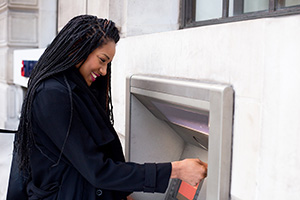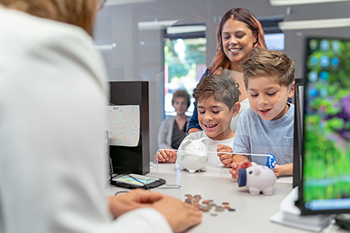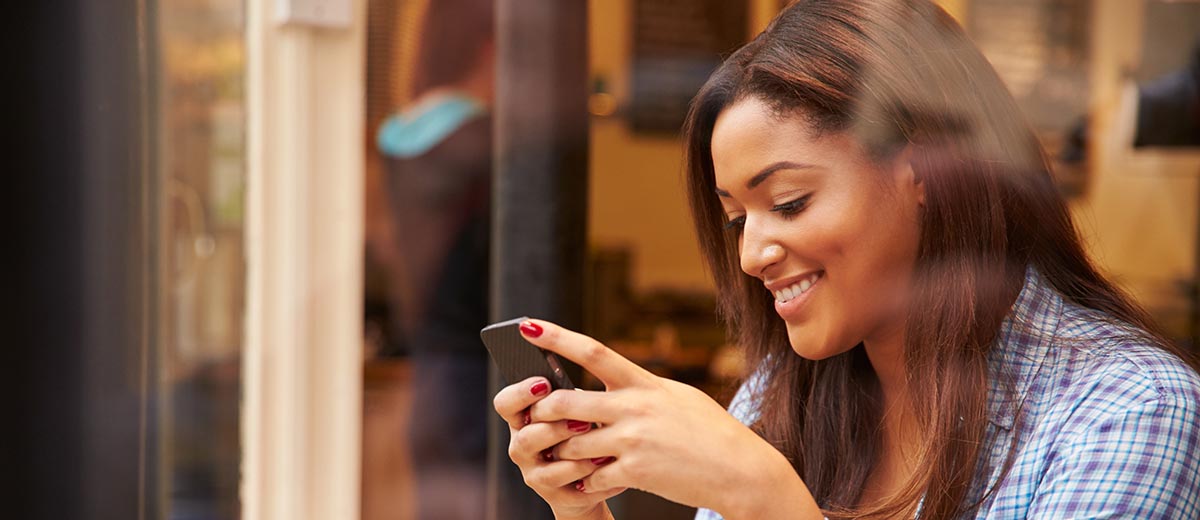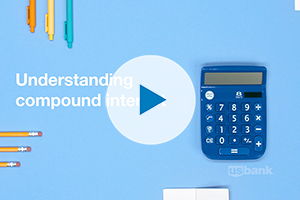With a growing number of people selling crafts on Etsy, dog-sitting on Rover, snapping wedding photos on weekends or peddling homemade baked goods, it’s clear that side jobs are trending. In fact, according to a recent Gallup study, 36 percent of all U.S. workers participate in the gig economy in some capacity, including part-timers and multiple-job holders.
Beyond the potential to express passions outside of the traditional 9-to-5, these side hustles can also provide extra income. And, when a hobby evolves into a small business, you may want to keep personal and business finances separate. Read on for five reasons to open a business bank account.
1. Better monitor your business finances
As your side hustle grows, chances are your expenses will, too – think website fees, shipping, products or materials. At that point, it may be harder to compartmentalize personal and company-related expenditures. A separate business bank account allows you to easily track expenses and earnings, ensuring you don’t spend more than you bring in.
2. Ease tax filing
No matter how much (or how little) income your business rakes in, it needs to be reported to the Internal Revenue Service. By opening a bank account for your business, you’ll avoid the hassle of combing your personal checking for business income and possible deductions come tax time.
If you need help determining if your side hustle qualifies as a small business, the IRS has a helpful guide of factors to consider. For instance, do you carry on the activity in a businesslike manner? Do you depend on income from the activity for your livelihood? Do you change your methods of operation in an attempt to improve profitability? If you answer yes to many of the statements, chances are you’re running a business by IRS standards.
3. Business banking makes it official
Many side gigs start as a sole proprietorship – meaning, a business owned and run by one person, with no legal distinction between enterprise and operator. But as it flourishes into a small business, you may want to consider registering as a limited liability company (LLC) or corporation. Along with asset protection, credibility and tax benefits comes the requirement to keep personal and business finances separate, so a designated bank account is a must.
4. Look more professional
You want prospective clients to take you and your business seriously. Using a business-account debit card or checks when purchasing from vendors, or being able to accept payments to a business checking account, sends the message that you are a well-seasoned professional.
5. Establish connections at the bank
Having a relationship with a banker you trust is important, especially if you’re a small-business owner. As your side hustle expands, you may need a loan or a business credit card in the future. If you have a business bank account already in place, a banker has a record of your earnings and expenses at their fingertips. It’ll hopefully make the approval process quicker and smoother.
Looking to open a business bank account? Explore your options at U.S. Bank. Or, click here to learn more about the gig economy and meet people who run a business on the side or full-time.



















































































